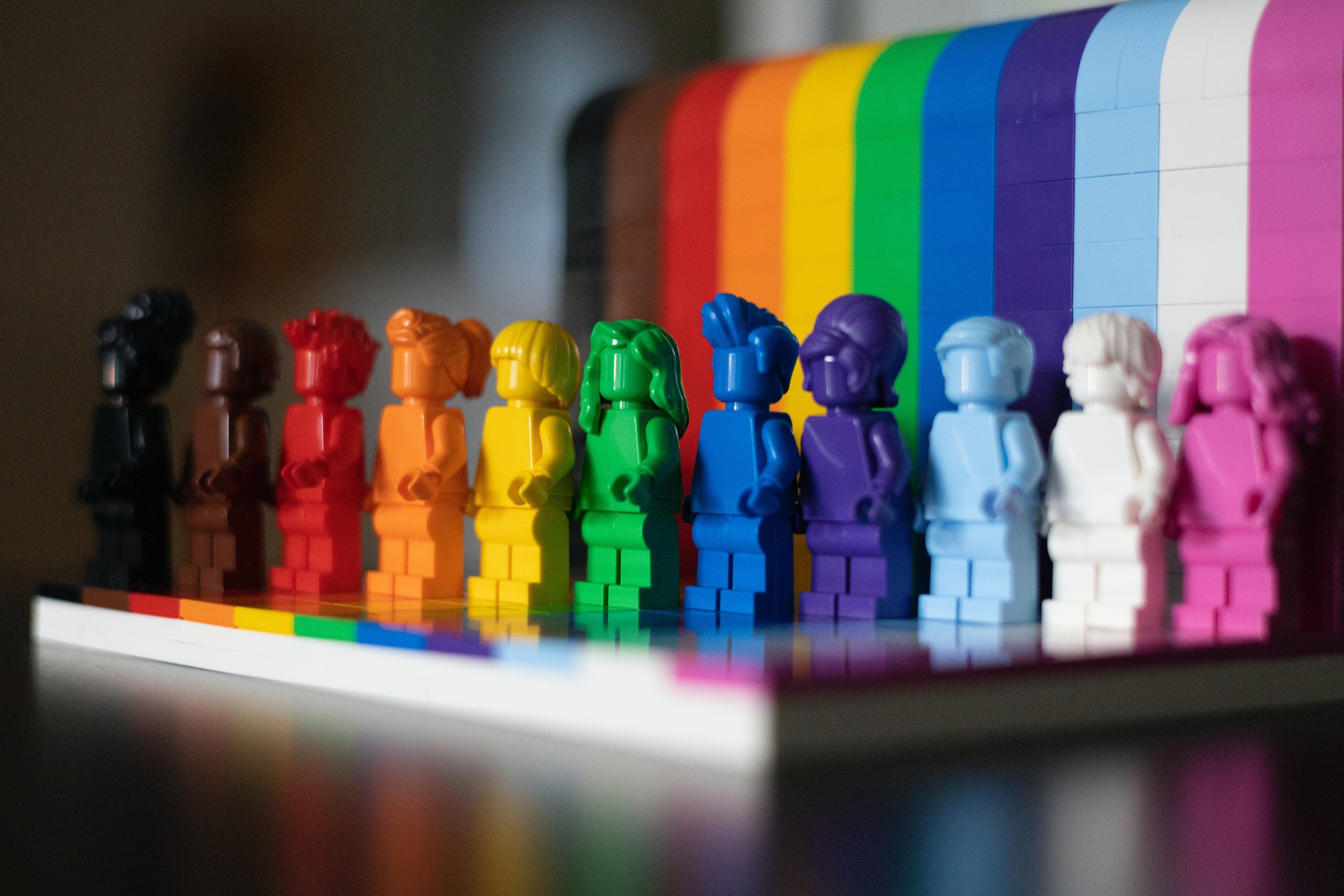““We respect the Court but… I will not allow it in Kenya. We have our culture and traditions, we respect our constitution and all our religions,”
William Ruto, President of Kenya
The subject of LGBTQ rights has been contentious in Kenya for a long time, and a recent Supreme Court judgment upholding legislation criminalizing homosexuality has brought the situation to a head. The verdict has been met with criticism, and it has prompted inquiries into how the government of Kenya treats those who identify as LGBTQ.
For instance, May 2019 saw the Kenyan High Court ruling that homosexuality is a crime and that the country's anti-LGBTQ policies are legal. The plaintiffs in the lawsuit claimed the legislation infringed on their freedom of expression, association, and assembly, as well as their right to equal protection under the law. After an appeal to the Supreme Court, which was denied in February 2022, the original verdict stands. Come 2022, the court surprised the country with the right to association ruling in favor of the LGBTQ community.
Human rights groups and LGBTQ activists in Kenya and throughout the globe have voiced their disapproval of the verdict. They say that the legislation that criminalizes homosexuality is unfair and unjust since it targets a specific group of people. In addition, they claim that the verdict has placed LGBTQ people in Kenya no better than second-class citizens, making them more vulnerable to abuse and prejudice.
Several questions have been raised concerning how the verdict would affect LGBTQ people living in Kenya. Several people in the LGBTQ community have spoken out about facing hostility, violence, and harassment just because of who they are at their core. Those who identify as part of the LGBTQ community sometimes face rejection from their families and communities, leading some to go into hiding or seek refuge abroad.
The government of Kenya has come out in support of the decision, saying that it is in line with the country's cultural and religious norms. And they say homosexuality isn't part of Kenyan culture since it came from the West. The prohibition of homosexuality, however, is seen by many LGBTQ advocates to be a relic of colonialism, although homosexuality has been present in Kenya for generations.
It's not a new issue, but LGBTQ rights in Kenya have always been contentious. The government and religious authorities have taken a staunch position against homosexuality, making this a very divisive topic. Kenya's government has cracked down hard on the LGBTQ community, outlawing advocacy groups and making life difficult for Homosexual Kenyans.
The verdict has brought into sharp focus the pressing need for equality for Kenya's LGBTQ community. The Kenyan LGBTQ community is demanding legal equality and protection. Moreover, they are constantly up against prejudice and physical threats, which they actively work to counter.
The discussion has also been stirred concerning the court's role in protecting human rights in light of the verdict. Many people feel that the Supreme Court's decision has weakened the safeguarding of fundamental rights. The court, they say, should uphold people's rights and not be a tool for furthering prejudice and injustice.
In conclusion, the debate in Kenya over LGBTQ rights is a nuanced topic that touches on more significant human rights issues, cultural norms, and judicial independence. The recent Supreme Court judgment in Kenya has only helped to emphasize the critical importance of LGBTQ rights and the difficulty of the battle for these rights. To guarantee that all people in Kenya, regardless of their sexual orientation or gender identity, are treated with respect and dignity, the battle for LGBTQ rights is far from ending.


Login to join the discussion